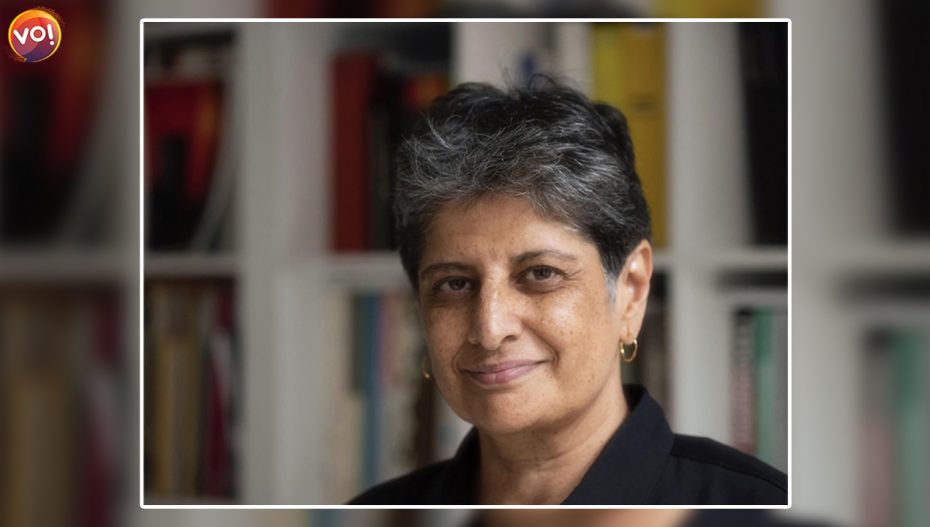When Urvashi Vaid first met with the Federation of Indian Associations in the US to demand that the South Asian Lesbian and Gay Association be allowed to march in New York’s India Day Parade, a rather bewildered official introduced her to the group as “the head of all gays.” The description wasn’t off the mark actually. Urvashi was one of America’s most eminent LGBT (Lesbian Gay Bisexual Transgender) activists and tributes have been flowing in from every quarter since she died of breast cancer at the age of 63 at her home in New York City earlier this month. Describing her as a dear friend, tennis legend Billie Jean King said Urvashi was as “a force for good, never taking her eye off fighting for meaningful change as an activist for the LGBT community.”
Urvashi was born in Delhi and immigrated to the USA with her parents in 1966, where her father, Hindi litterateur Krishna Baldev Vaid got a job at the New York State University. Urvashi herself graduated from Vasssar College with a degree in Political Science in 1975 and then went on to earn a law degree from Boston’s Northeastern University in 1983. She started her career as a lawyer with the American Civil Liberties Union, but she really came to her own when she joined the National LGBT Task Force as executive director, building it into the most powerful LGBT platform in America.
In an era before same sex marriage and before social media, Urvashi represented radical activism. She was the kind of activist police would drag off the street and arrest. At the height of the AIDS crisis in the 1990s, she disrupted a speech by President George HW Bush, holding up a placard saying “Talk is cheap, AIDS funding is not”. She was ejected by security, but her action contributed to better funding for AIDS research in the years that followed.
Trikone, the South Asian LGBT community organisation in California, feted Urvashi with its first Pink Peacock Award in 1995. Sandip Roy, former editor of Trikone magazine recalls her speech, where she half-jokingly said, “If you’re going to come out to your extended family, the cover of Time magazine is the way to do it.” Urvashi had just been named one of Time magazine’s 50 leaders of the future.
Urvashi was also an intellectual who wrote several pioneering books such as “Virtual Equality: The Mainstreaming of Gay and Lesbian Liberation.” In that book, Urvashi argued that the movement had erred by focusing on access to the mainstream, rather than on gaining power to change it. According to The New York Times, “she drew a distinction between LGBT rights and LGBT liberation. Pushing the mainstream to accept gay men and lesbians, she said, was a worthy first step, but one that risked forcing people to tailor their own identities to fit into straight society. Liberation, on the other hand, meant altering the mainstream to accommodate a range of gender identities. It was a radical idea at that time but one that accurately foreshadowed the rapid and broad changes that are now under way.”
Urvashi is survived by her wife Kate Clinton, a political humourist and sisters Rachna and Jyotsna.
Read Also: The Rise And Fall Of CG Road, Ahmedabad’s Original Designer Street













